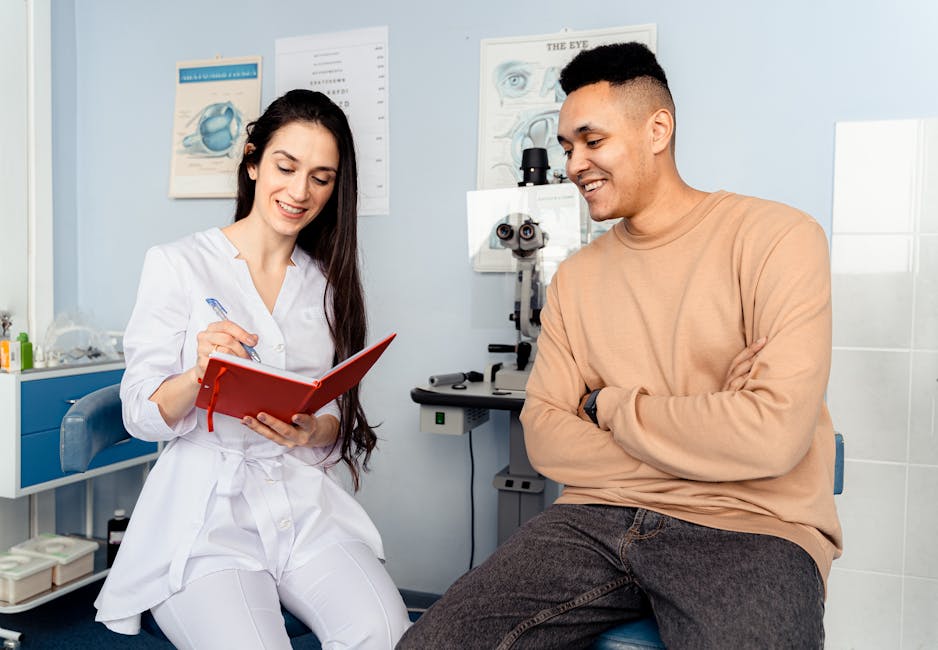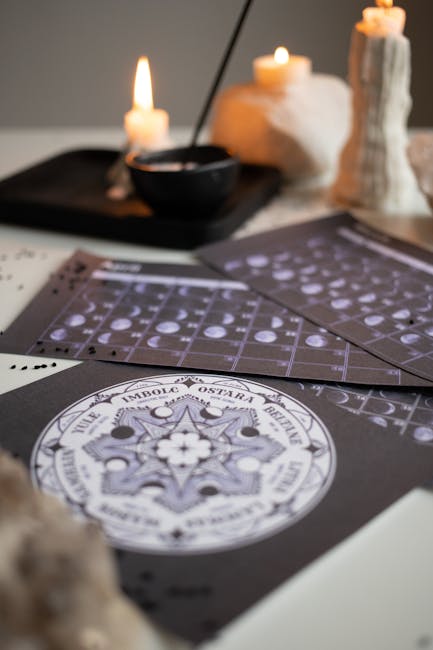
Tips for Talking to Your Doctor About Vision Tests
Vision is one of our most precious senses, shaping how we perceive and interact with the world. Whether you’re visiting your eye doctor for a routine check-up or addressing a specific concern, effective communication is key to ensuring you receive the best possible care. Many people feel hesitant or unprepared when discussing health matters with their doctors, but being proactive and informed can make a significant difference. Here’s a comprehensive guide to help you navigate conversations about vision tests with confidence and clarity.
1. Prepare in Advance: Know Your History and Concerns
Before your appointment, take some time to reflect on your vision health. Note any changes or symptoms you’ve experienced, such as blurred vision, eye strain, headaches, or difficulty seeing at night. Consider your personal and family medical history, as conditions like diabetes, glaucoma, or macular degeneration can have ocular implications. Write down your questions and concerns to ensure you don’t forget anything during the visit. This preparation not only helps you articulate your needs but also assists the doctor in making a well-informed assessment.
2. Understand the Types of Vision Tests
Familiarize yourself with common vision tests to better understand what to expect. Standard assessments often include:
- Visual Acuity Test: Measures how well you see at various distances using an eye chart.
- Refraction Assessment: Determines your exact prescription for glasses or contact lenses.
- Slit-Lamp Examination: Allows the doctor to examine the structures of your eye under magnification.
- Tonometry: Measures intraocular pressure to screen for glaucoma.
- Retinal Examination: Involves dilating your pupils to inspect the back of the eye, including the retina and optic nerve.
Knowing the purpose of these tests can help you ask specific questions about their relevance to your eye health.
3. Be Open and Honest About Your Lifestyle
Your daily habits and environment play a significant role in your vision health. Inform your doctor about your profession, hobbies, screen time, and even your diet. For instance, if you work long hours on a computer, you might be experiencing digital eye strain. If you enjoy outdoor activities, discuss UV protection and the risk of sun-related damage. Transparency allows your doctor to provide personalized recommendations, such as blue-light-blocking lenses, specialized eyewear, or nutritional advice.
4. Ask Questions and Seek Clarification
Don’t hesitate to ask questions during the appointment. If the doctor uses technical terms, ask for simple explanations. For example:
- “What does this test involve?”
- “Why is this test necessary for me?”
- “What do the results mean for my long-term eye health?”
- “Are there any risks or side effects associated with the tests or treatments?”
Engaging in dialogue ensures you fully understand your condition and the recommended steps.
5. Discuss Follow-Up and Long-Term Care
Vision care often doesn’t end with a single appointment. Ask about:
- How often you should have eye exams.
- Signs or symptoms that warrant immediate attention.
- Preventive measures to maintain healthy vision.
- Options for corrective procedures or vision therapy, if applicable.
If you’re diagnosed with a condition like astigmatism, presbyopia, or dry eye syndrome, inquire about management strategies and future expectations.
6. Bring a Companion if Needed
If you feel anxious or think you might have trouble remembering details, bring a trusted friend or family member to the appointment. They can offer emotional support, help take notes, and remind you of important points discussed.
7. Advocate for Yourself
If something doesn’t feel right—whether it’s a symptom you’re experiencing or a treatment plan you’re unsure about—speak up. Your doctor is there to help, but you are the best advocate for your own health. If necessary, seek a second opinion to ensure you’re comfortable with your care plan.
8. Keep Records of Your Visits
Maintain a file of your vision test results, prescriptions, and notes from discussions. This can be helpful for tracking changes over time and providing accurate information if you switch providers or need to see a specialist.
Conclusion
Effective communication with your eye doctor is a partnership aimed at preserving and enhancing your vision. By preparing thoroughly, asking informed questions, and actively participating in your eye care, you can make the most of your appointments and enjoy a lifetime of healthy sight. Remember, your vision is invaluable—investing time in these conversations is an investment in your quality of life.






